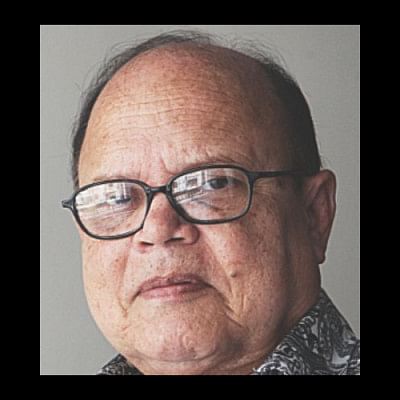
Ali Imam Majumder
Ali Imam Majumder, a former cabinet secretary, said the Awami League's manifesto reflected the development works carried out by its government in the last 10 years.
"They said they would learn lessons from the past mistakes and if they do it for real, the nation will benefit," he said.
Ali Imam was critical about the ruling party's role against the opposition parties, saying it did not allow any political space to the opposition in the last 10 years, not even during the elections.
About the BNP's manifesto, he said the rosy words it had mentioned did not match their past history.
"They are promising to bring balance of power between the president and the prime minister, but unfortunately the party's power centres around only one person," he said.
That's why there is still apprehension about its sincerity to fulfil the pledges, he said.
He hoped that the party would be more sincere to materialise the promises, if voted to power.
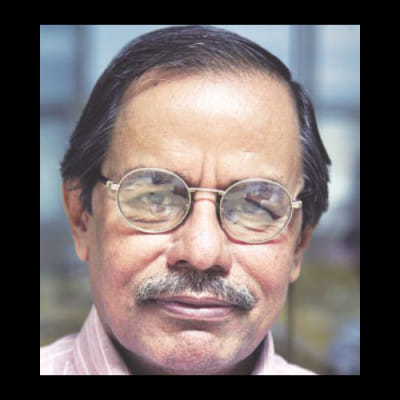
Syed Manzoorul Islam
Noted writer and columnist Syed Manzoorul Islam said, "The Awami League's manifesto is practical and detailed. They prepared it keeping in mind what they have done and what they can do. It does not reflect many of the popular aspects like digital security act."
“The BNP is not in power, so it is easy for them to make an attractive manifesto. They did it as they touched upon the interests of all the quarters. The BNP's manifesto is very ambitious. The proposals are more attractive but absolutely lacking the strategic details,” he said.
Manzoorul, a retired Dhaka University professor, however, said the manifesto was meaningless if the proposals were not implementable.
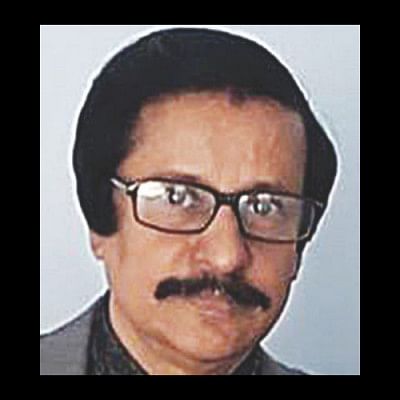
Prof Hasanuzzaman
Prof Al Masud Hasanuzzaman, a teacher at Jahangirnagar University, said the AL's manifesto focuses mostly on development and its pledges to continue the development works.
On the other hand, the BNP focuses on democracy and the rule of law and there are some surprises in the manifesto, he said.
The challenge for the AL is to establish good governance in the country as it has promised. If good governance is ensured, democracy and development will also be ensured, he added.
On the contrary, it is challenging for the BNP to meet many of its promises -- especially in cases where constitutional amendment is required.
To implement those pledges, it will require a two-thirds majority in parliament.
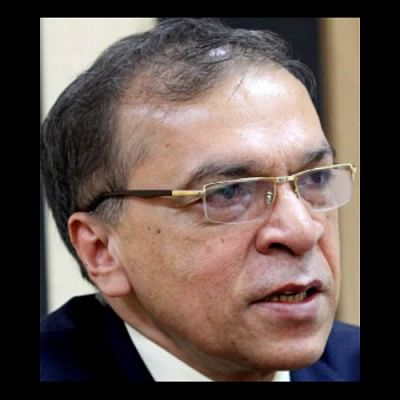
DR Iftekharuzzaman
Dr Iftekharuzzaman, executive director of the Transparency International Bangladesh, said the AL president's call to consider her party's failures with a forgiving attitude may be viewed as refreshing, especially in a culture where political leaders are not known to acknowledge mistakes.
"This is important because she has also promised to learn from mistakes if she is given a mandate to move on. One would wish her Godspeed as her party takes the challenge of being truthful to this commitment," he said.
He also said the party's commitment to ensure inclusive development was extremely important and raised hopes. The proponents of such a commitment are however expected to realise that inclusive development is impossible in a situation where people's voice and demand raising potentials are restricted by curtailing free media, freedom of speech and opinion, and right to assembly.
"Therefore, if truthful to this commitment, they must also pledge to amend the laws like Digital Security Act and refrain from all types of actions against free media and freedom of speech that are sine qua non for inclusive growth."
Equally important is the commitment for zero tolerance to corruption which was also reflected in AL's earlier manifestos, he said.
Iftekharuzzaman said it would take quite an effort to faithfully deliver on this pledge. The key to it would be the courage and capacity to punish the corrupt without fear or favour and depoliticise the key institutions of accountability which had been converted into monopolised territories of the ruling party.
These include the bureaucracy, law enforcement agencies, judiciary, anti-corruption commission and not least the parliament itself, he said, adding, "If these institutions are not allowed to operate in public interest, independently, transparently and with professional integrity, the talk about zero tolerance for corruption will remain a paper tiger."


 For all latest news, follow The Daily Star's Google News channel.
For all latest news, follow The Daily Star's Google News channel. 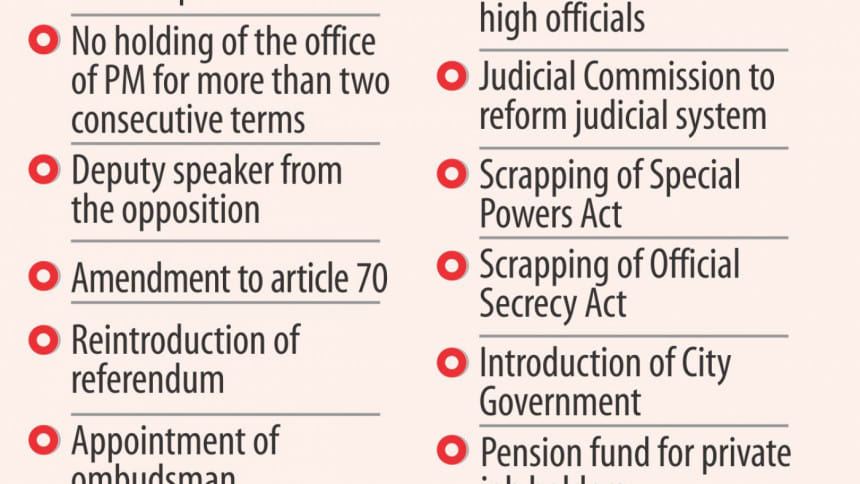
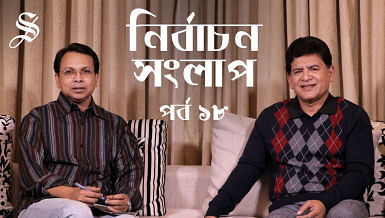
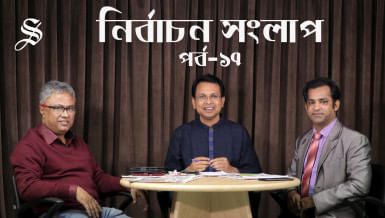
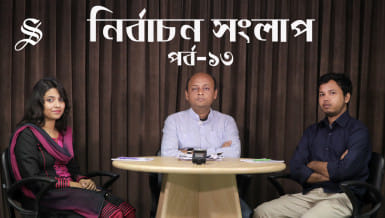
Leave your comments